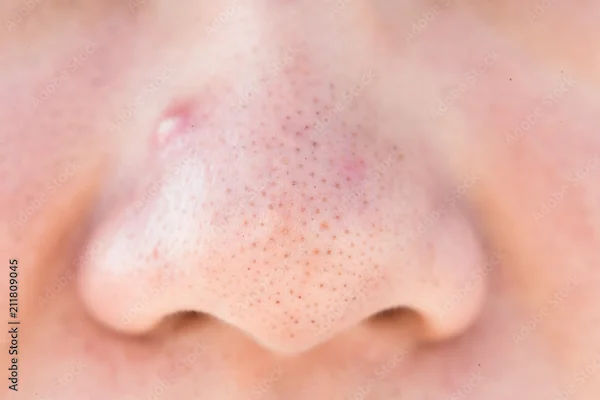- Male
- 18 Years
- 29/01/2025
I'm a bit worried about this small lump I've noticed under my skin that I think might be a lipoma. It doesn't hurt or feel uncomfortable, but I'm wondering if there are natural ways to get rid of it? I've read different things online, and it's all a bit overwhelming. Could you help me understand how to deal with it naturally?
Answered by 1 Apollo Doctors
While there are no proven natural cures for lipomas, some people suggest remedies like apple cider vinegar, turmeric, or flaxseed oil for their anti-inflammatory properties. However, it's important to consult with a doctor before trying any home treatments.
Dr. Chandra Suggests...
Consult a Dermatologist
Answered 04/07/2025
0
0

More Dermatology Health Queries
View allI'm worried about the possibility of having sex with my husband while he's still being treated for scabies. He's only put on the cream twice, and we're noticing his skin starting to dry up in those spots. Is it okay for us to be intimate now, or should we wait a bit longer?
It's generally recommended to avoid intimate contact, including sex, until your husband has completed the full scabies treatment course, usually 2-3 applications of permethrin cream, 7-10 days apart, and has been symptom-free for at least 24-48 hours, to minimize the risk of transmission, as scabies mites can survive off the human host for up to 72 hours.
Answered by 1 Apollo Doctors
Which shampoo is best for hair growth?
Shampoo doesnt promote hair growth but it can keep your scalp oil and dirt free and clean. Always choose a mild shampoo and dilute it with water before using it
Answered by 1 Apollo Doctors
I've been using Getlite cream and now my skin's become really red and itchy. It's kinda worrying me. Any idea on how I can get it back to normal? What could be causing this reaction? Would love some advice on what to do next.
To alleviate redness and irritation caused by Getlite cream, immediately stop using the product and apply a soothing, fragrance-free moisturizer or a hydrocortisone cream to calm the skin; you can also try a cool compress or an aloe vera gel to reduce inflammation and promote healing, and if the irritation persists, consult a dermatologis
Answered by 1 Apollo Doctors
Disclaimer: Answers on Apollo 247 are not intended to replace your doctor advice. Always seek help of a professional doctor in case of an medical emergency or ailment.


